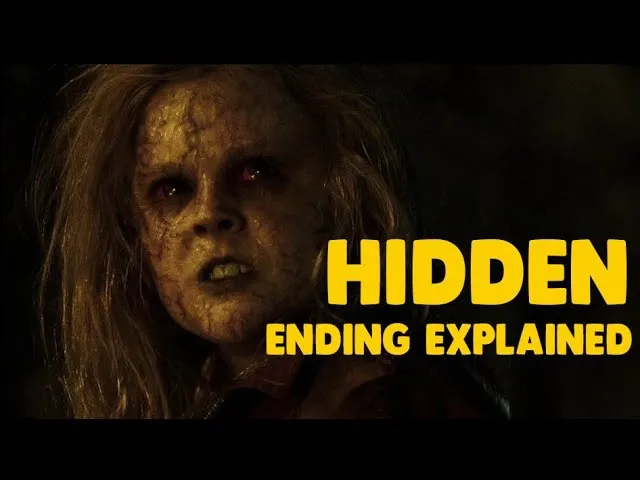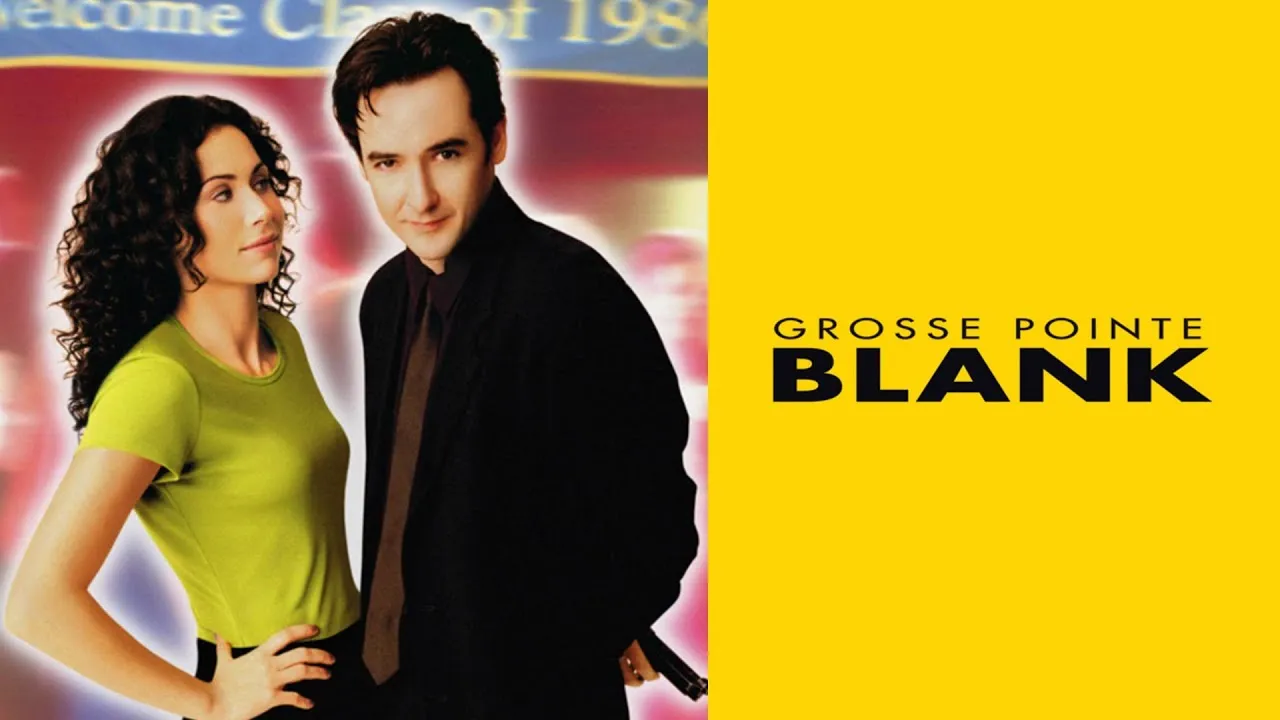A brother’s burden, a sister’s devotion, and a secret that can never see the light.
My Heart Can’t Beat Unless You Tell It To is an intimate, atmospheric drama that blends the quiet horror of the supernatural with the aching tenderness of familial devotion. The film follows Dwight and Jessie, two siblings bound by a desperate secret — their younger brother Thomas suffers from a mysterious illness that forces them to feed him human blood to survive. What begins as an act of love becomes an unending cycle of sacrifice, secrecy, and moral decay.
The story is told through muted tones and lingering silences, allowing the audience to feel the suffocating weight of the siblings’ existence. Dwight, weary and conflicted, longs for a life beyond their hidden world, while Jessie clings to the idea of family at any cost. Thomas, fragile and childlike, becomes both the heart and the burden of their lives, embodying the tension between compassion and the horror of what they must do to keep him alive.

Director Jonathan Cuartas uses minimalism to maximum effect, crafting a world where the violence is quiet but deeply unsettling. The film’s slow pace and deliberate framing allow moments of stillness to speak as loudly as any act of brutality. The streets are empty, the nights are cold, and every drop of blood is a reminder of the isolation that has consumed their lives.
While it contains elements of horror, the film is ultimately a meditation on the boundaries of love and the choices we make for those we cannot let go. It asks whether devotion can become a form of imprisonment — and if, in saving someone, we might destroy ourselves. The result is a deeply human tragedy disguised as a vampire story, one that lingers long after the credits roll.

In the end, My Heart Can’t Beat Unless You Tell It To is less about monsters and more about the quiet, invisible pains of survival. It’s a film that whispers rather than screams, but its echo is impossible to ignore.



-1754624652-q80.webp)